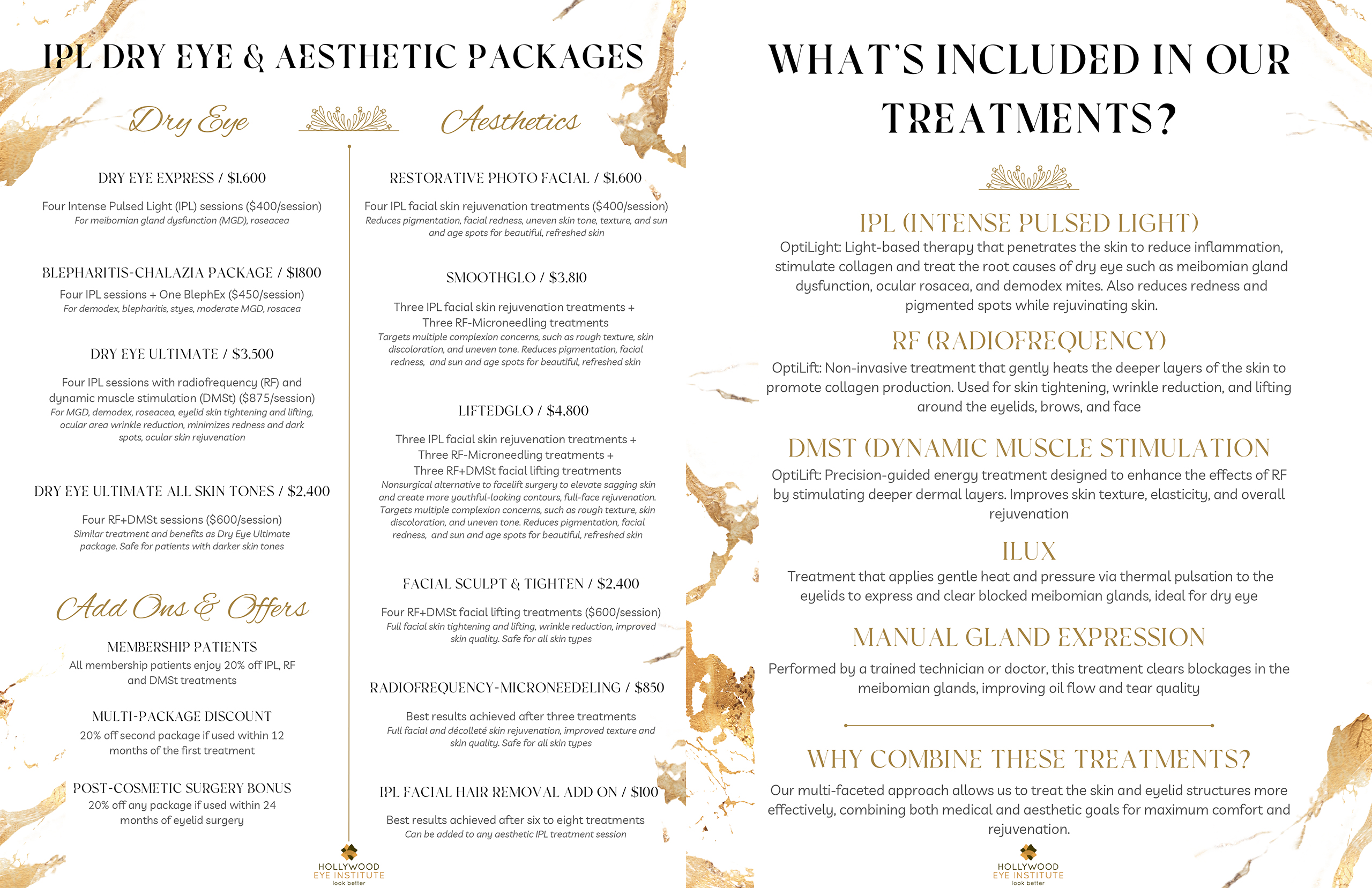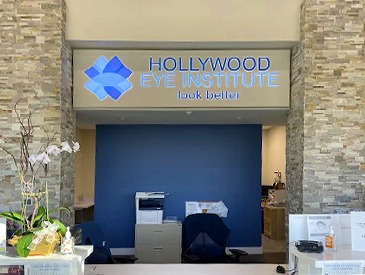
Why Are Most Eyelid and Brow Procedures Not Covered by Insurance?
We understand it can be confusing when a procedure that seems necessary to you isn’t covered by your insurance. Whether you’re considering eyelid surgery, brow lift, or other oculoplastic procedures, here’s why coverage varies:
Insurance only covers oculoplastic procedures deemed medically necessary.
Medical insurances, like Medicare, and even the best supplementary/secondary insurances, only cover what they consider “medically necessary.” Even if drooping lids or bags under your eyes are bothersome—or even affect your appearance—insurance will only cover surgery if they interfere with your visual function.
Even though your doctor may tell you that surgical options are “medically recommended”, that is not the same thing as what your insurance qualifies as “medically necessary.” Your doctor has no power or authority to dictate to your insurance company what is medically necessary for eyelid correction. It does not matter that droopy lids have a medical diagnosis; there is no letter or appeal process that any medical provider can send to your insurance company to get something covered for you. Additionally, oculoplastic procedures cannot be billed to vision insurance, which is designed only to help cover the costs of exams for prescriptions for glasses/contact lenses and materials.
In some cases, for partial coverage, we submit documentation (including photos and visual field testing) proving that your condition actively impairs your vision or causes functional problems. Without this, insurance will deny coverage, regardless of the medical benefits.

What is classified as cosmetic and elective?:
- Brow lift – Lifting the brow for aesthetic reasons and drooping.
- Upper blepharoplasty – Excess skin does not significantly impair the visual field.
- Lower blepharoplasty – Always considered cosmetic (puffiness, bags, wrinkles).
- Cosmetic ptosis repair – If there is no significant eyelid droop interfering with vision.
- Eyelid skin tightening or resurfacing – Always considered aesthetic.
These procedures are considered cosmetic and aesthetic because they don’t directly restore or preserve function, even though they may significantly enhance quality of life, comfort, and appearance.
What may be covered with proper documentation:
- Ptosis repair – If the upper eyelid droops low enough to reduce your eye opening or significantly affect vision.
- Ectropion repair – When the lower lid turns outward, exposing the eye and causing irritation or tearing.
- Entropion repair – When the eyelid turns inward, causing lashes to rub against the eye.
These procedures are typically covered if they cause pain, irritation, tearing, infection, or measurable visual impairment—and proper testing and documentation must support that.
We’re here to guide you through the process:
- Thorough evaluation and visual field testing when appropriate
- Submission of photos and documentation to support medical necessity
- Transparent pricing for elective or cosmetic procedures
- HSA/FSA accepted
- Care Credit and payment plans available
Our goal is to help you understand your options and make informed decisions about your care, whether insurance is involved or not. Your eyes are worth investing in—and we’re here to help you make the most informed decision.
Have questions? Just ask. We’ll walk you through all your options.





